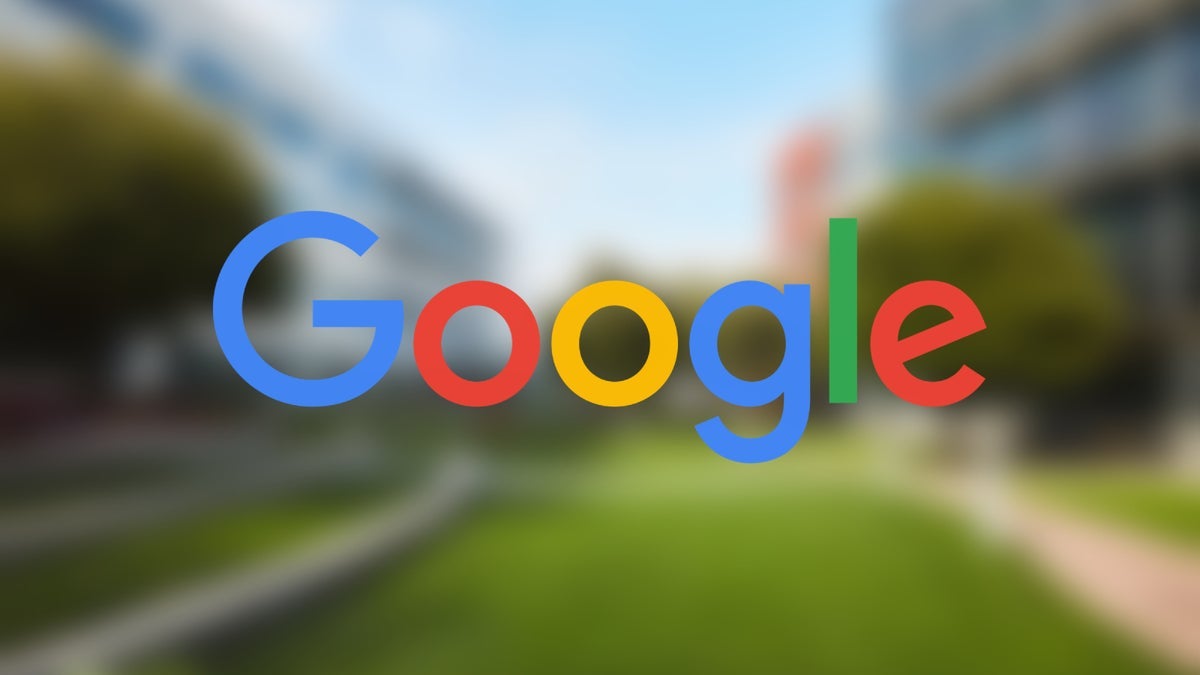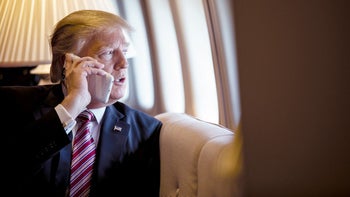Google caught "Breaking Bad" and must throw out data collected from Incognito mode users

Google today agreed to settle a class action lawsuit (via TheVerge) originally brought in 2020 by Google account holders who accused the company of continuing to track their actions online even when they were browsing using Incognito mode while using Chrome. With Incognito mode, according to Google, "none of your browsing history, cookies and site data, or information entered in forms are saved on your device. This means your activity doesn't show up in your Chrome browser history, so people who also use your device won't see your activity."
Here's an example of what Incognito mode can do for you. Suppose you went online and bought your wife a present from "Yohann's House of Very, Very Expensive Diamond Necklaces." If you bought the gift while in Incognito mode, she wouldn't be able to snoop around on your phone and discover that you visited Yohann's online store while using Chrome. This way, you can really surprise her when you give her the necklace.
Google says that it never associated the data it collected from Incognito mode with individuals
While your wife or anyone else going through your phone can't see the websites you visited on Chrome while you had Incognito mode enabled, guess who does collect some data? If you guessed Google, you got it right. Google spokesperson José Castañeda did say that the company never individualized the data it collected. He said, "We never associate data with users when they use Incognito mode. We are happy to delete old technical data that was never associated with an individual and was never used for any form of personalization."

Google was collecting data from users browsing in Incognito Mode. The icon reminds many of Walter White
Now you might be rubbing your hands with glee expecting another class action payout that perhaps you can grab a part of. Sorry guys and gals. Even though the plaintiffs had asked for $5 billion, they are receiving bupkus (zero) said Castañeda because the settlement did not include any damages for the class. However, members of the class are allowed to file individual suits against Google.
Back in December, news of the settlement was originally released but the actual terms of the settlement hadn't yet been filed with the court and made public until now. It turns out that the Plaintiffs insisted that they keep their individual rights to sue Google for damages. That is why the settlement doesn't include a payout to the Plaintiffs.
Google did agree to make some changes to its Incognito mode
Google did agree to rewrite its disclosures to say that the company does collect private browsing data and must include this on the splash screen that appears at the start of every browsing session in Incognito mode. The court filing also says, "Google must delete the private browsing detection bits that Plaintiffs uncovered, which Google was (twice) sanctioned for concealing. As a result, Google will no longer track people's choice to browse privately.
For the next five years, Google must also make a change to Incognito mode that allows users to block third-party cookies by default. The settlement notes that "This change is important given Google has used third-party cookies to track users in Incognito mode on non-Google websites. This requirement ensures additional privacy for Incognito users going forward while limiting the amount of data Google collects from them."
A hearing will be held on July 30th in front of Judge Yvonne Gonzalez Rogers of the United States District Court for the Northern District of California. If the judge is happy with the settlement, she will sign off on it at this time.
The icon used by Google to indicate Incognito mode reminds many of the Walter White character on one of the most amazing television series of all time, "Breaking Bad" which explains the headline. Of course, having to explain this takes away from some of the amusement that this writer might have normally felt otherwise.
Follow us on Google News











Things that are NOT allowed:
To help keep our community safe and free from spam, we apply temporary limits to newly created accounts: